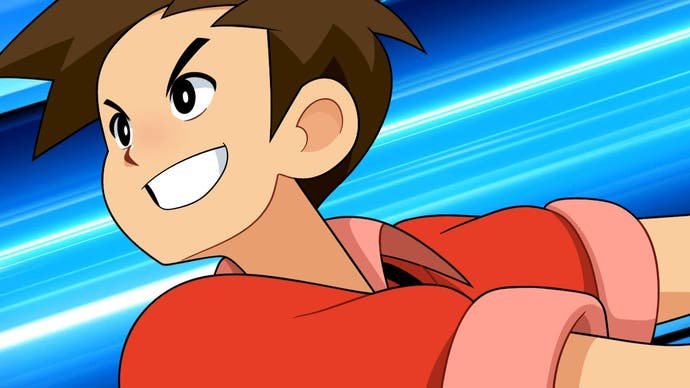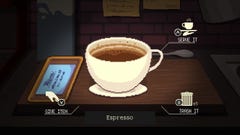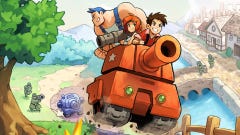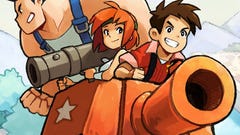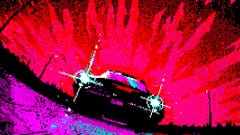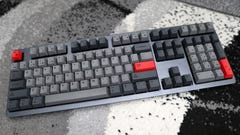Advance Wars 1 + 2: Reboot Camp review - a slick update of a complex game
Turn, turn, turn.
I was some way into Black Hole Rising. Mission? Reclamation. Day 9 I think, and I made a mistake that cost the whole battle. Brilliantly, I knew it at the time, as well. I knew I'd been too eager to advance. Heading off for the front line, I left a newly captured airport undefended. Yes, busy pressing my advantage and all that - or so I thought - but it allowed an enemy I had seen but not worried about to start taking the airport back. At the time, I had a twinge that this was very bad, and a hope that I could still turn it all around. But deeper, somehow, I also knew that I had just blown the entire thing. I would lose the airport and before I could take it back they would have whacked a perimeter of other units around it - junk units, sure, but time-wasters on a map in which tempo was everything. Somehow I knew I had screwed it up, which is the mark of a good tactics game. The mark of a great tactics game, though? Even as I continued playing, grinding my way towards a defeat I had already seen quite clearly, I was having an excellent time.
I was. It was a mixture of: next time I'll do this then that then this! A mixture of: I'm dead here already, so what happens if I try something weird just to see what happens? The bright paint, the revving of engines, the fog of war being pushed back like snow banking and shifting in front of a holy snow plough! And is there anything in turn-based tactic games better than the corrugated click you get from taking the Advance Wars movement arrow for a quick chug across the map?
The new Advance Wars on Switch is actually two old Advance Wars - Advance Wars itself and its sequel, Black Hole Rising. Both were originally made for the Game Boy Advance, and I have a memory, I think, of having them bundled together on a cartridge back then. There's new stuff this time around, though, mainly a new art style, which has been pretty unpopular from what I've seen. Gone is the chunky pixel art, replaced by sheeny 3D models of glossy tanks and gormless soldiers.
Yes, it didn't make a great first impression for me, I have to admit, but over time I have come to enjoy elements of it at least. That sheeniness gives an even greater toylike quality to the bombers and warships. You can see the paint on the diecast bodies. And while I don't love the individual troopers, I enjoy certain other detailings, like the way light ripples on balmy Mario Sunshine water tiles, the way you can pull back and see the edge of the board and get a sense that the whole thing is playing out on a table somewhere. I like the new cartoon animations for the COs, so filled with the life and character that I remember sensing in the GBA games. So, Advance Wars on Switch still has its visual pleasures.
As for the two games themselves, I have long adored them both, and I will always defend Black Hole Rising, despite the inclusion of uncrossable pipes laid around the terrain on certain maps, which don't control the game half as much as I remember, and despite the addition of a new third-tier tank which, as Edge once pointed out, ruins the joke of having a super-powerful Medium Tank by rendering it, well, medium. Black Hole has some of my absolute favourite maps, tight little strategy grids that belong on the Sudoku pages of a newspaper. (I'm paraphrasing other sources wildly today - that insight was from PC Gamer, and it was about Into the Breach, and I totally agree, and it also works for Advance Wars.) It's been great to return to these places, to see the familiar land masses again. The Black Hole campaign is initially locked off - though you can open it by agreeing not to get miffed about story spoilers. For me, though, it's the best place to learn the intricacies of this deeply elegant game.
If you're new to Advance Wars, it's a Nintendo-ified take on conflict, which is just as odd as it sounds when you're dealing with the cheery aesthetic slapped across recognisable battlefield hardware and tank rushes. Beneath the surface, though, it's a turn-based tactics game with some of the clarity of something like Chess. It's compulsive.
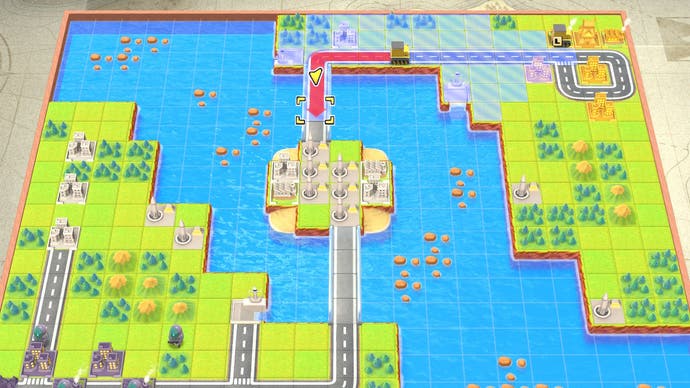
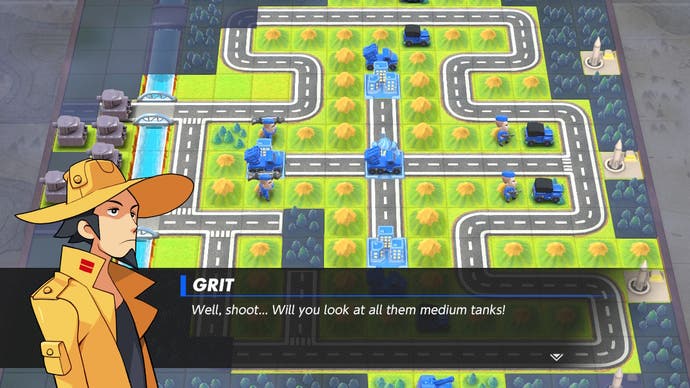
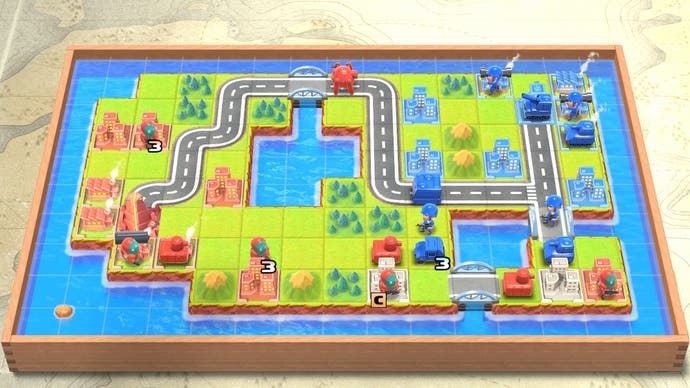
Most maps chuck you into a skirmish against an enemy force with the objective of destroying their units or storming their HQ.You move soldiers and tanks and all sorts of other units around, capturing cities to gain resources, capturing factories and airports and harbours to create new units with the resources you're making, and engaging in one-on-one battles when one of your units goes up against one of theirs. Terrain comes into play, altering movement range and also pushing your defensive odds up and down. The key is that before each unit-to-unit battle, you have all the information you need to tell you how things are going to go. It's about using that information as part of something larger - taking individual tactical moments and turning it into a strategy.
Even as the new units and terrain types pile in, even as you get different commanding officers, with their own unique powers to turn the tide of a battle, and tweaks like fog of war and even the occasional new victory condition - even as you deal with all that stuff, the secret of this series is that the basics remain simple throughout. Units will always obey the rock-paper-scissors dynamic that allows you to hunt for the winning match-ups. Resources will always unlock new units in the same order. Even the AI can be trusted to have the same odd quirks that you can game. If you're new to strategy and tactics, this is an ideal place to start, because all the individual pieces are so simple you can easily begin to think about how to use them together. If you're not new to the genre, I think there's still a rich thrill in seeing a design laid out with such efficiency.
Playing either game now, after a long gap where they've purely lived in memory, it's surprising to see how much of Advance Wars feels like a puzzle game. There's often an early choice between shoring up the economy and cranking out tanks or sprinting to a pivotal control point and trying to hold the map from there. It worried me at first. When I returned to Pikmin recently I felt that deep down it was much more of a puzzle game than a strategy game, and in a way that limited it for me. But while puzzle design is certainly a component of Advance Wars, I ended up feeling, as I played, that you can still make your own luck and find your own solution to an encounter in a way that reminds me of the best strategy and tactics games. Advance Wars is about restrictions and logic, but it's also about autonomy and player expression. In some ways it comes together to make me feel a bit cleverer than I normally am. Its pieces are so simple, it makes me think much more tactically than I find that I can elsewhere, simply because there's less noise between me and the tactics here.
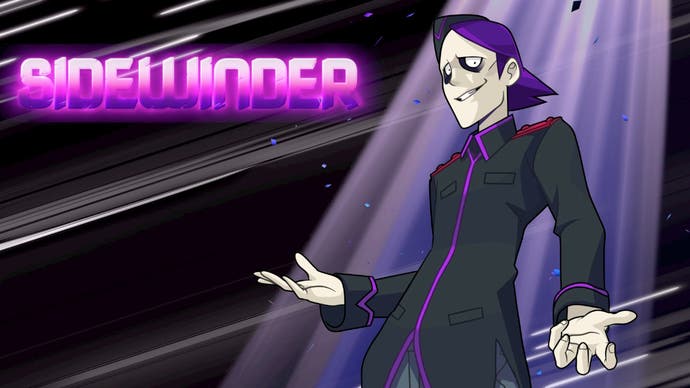
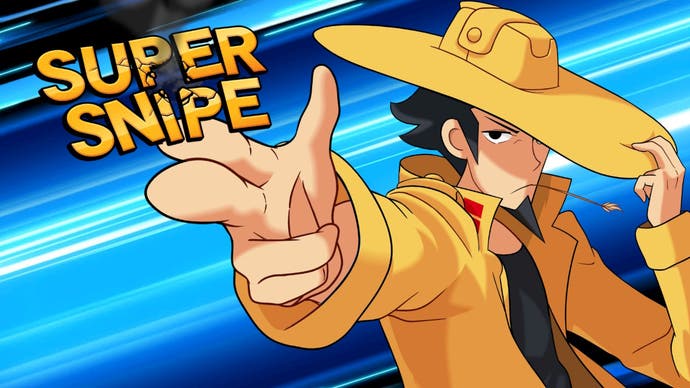
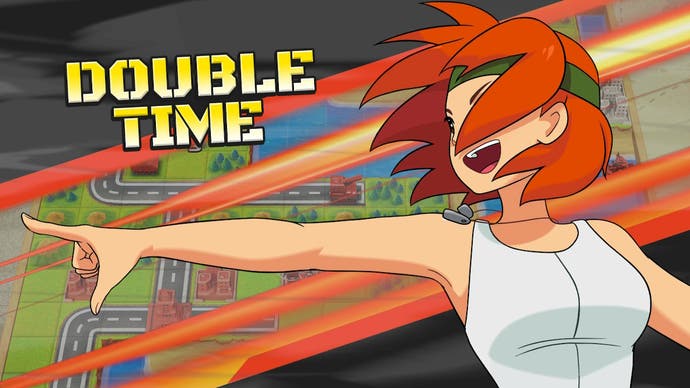
Are the campaigns entirely the same this time around? Art style aside I am sure there are tweaks and changes that I haven't noticed, but I recognise many of the missions and the COs and their powers. Crucially, it feels the way these games always felt to play: bite-sized battles, often with a specific problem to overcome.
Elsewhere there is new stuff, although none of it aims for the weird inventiveness of the side modes you got in something like Dual Strike which, if memory serves, had a real-time mini-game included, proper experimental stuff. Anyway: online and local multiplayer (I have not been able to test online with review code but I'll have a piece up later when I have), a mode in which you play skirmishes against the CPU which I have really gotten into, a design room for making and sharing custom maps, which is as fun as it always is, a gallery and a shop. That shop is not as sinister as I had initially feared. You earn coins in the campaign and can spend them on multiplayer maps and music and pictures of the COs as far as I can tell.
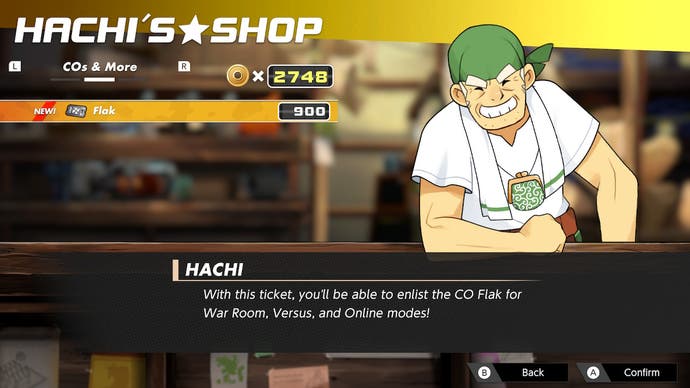
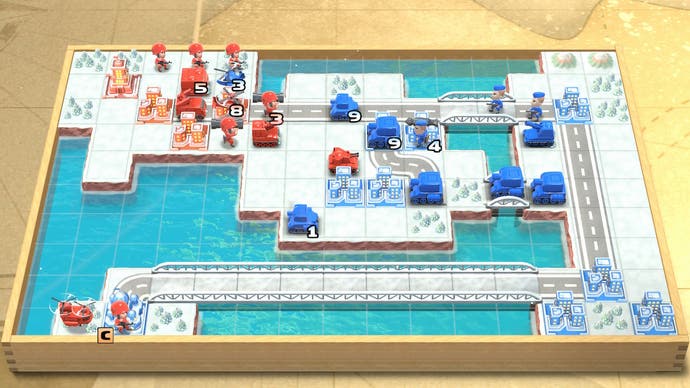
I need to be honest and awkward and embarrassing for a moment here at the end. Apologies. As I enter my mid-forties, even before I get to the daily newspaper front pages, as much as I love the ingenuity and craft of this series, I have to admit I find the premise behind Advance Wars a little trickier to navigate now - trickier than I did back when I was twenty and discovering this series for the first time. And I know: there are lots of games about war, and lots of tactical games about war, lots of games that reduce war to a thing of maps and control points and unit icons, where cities to be captured are just images of a tower block and where, when you take a unit across a river, you don't need to think about what that would actually be like. I know that this is a game that is at least partly made for children, and it's a very beautifully and carefully conceived one.
But what's stuck with me a little this time is just how gloriously cheerful Advance Wars is, those bright units and cheeky faces, those CO characters I have come to love over the years. In the past I think I had always assumed that Advance Wars is a game about a kids' game, that the COs are all children and the units are their tin soldiers and whatnot and everyone's playing.
Even so, I've found it a slightly surreal experience at times, and it didn't used to feel like this for me. When I bodge a mission and have to grind out a painful victory on Switch, I can't help thinking a little about, you know, what I'm actually doing in the game, what the rock-paper-scissors units are meant to represent. It's ridiculous, maybe: I don't feel remotely conflicted about chess. I don't feel conflicted about Civ, or rather, I am happy to feel conflicted because I know the game wants me to feel conflicted. I wouldn't put any of these thoughts and caveats into a piece I was writing about Into the Breach. If this doesn't make sense to you, I'll readily admit this doesn't make total sense to me. But I'll also admit I've started to feel slightly conflicted in a murkier way about Advance Wars.
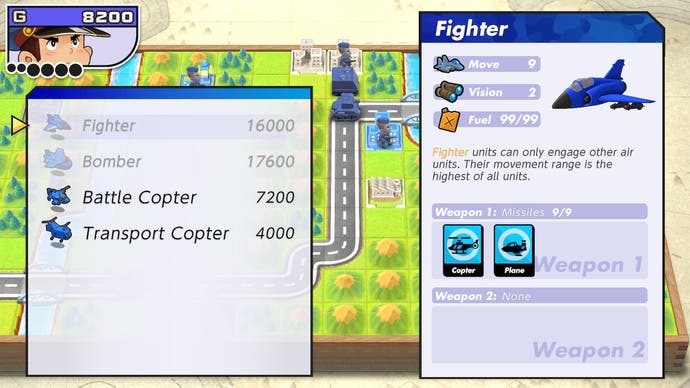
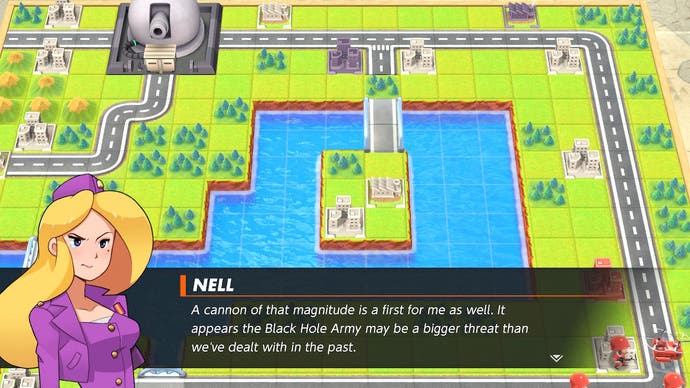
When Chris recently reviewed Company of Heroes 3, which came out a day before the anniversary of Russia's invasion of Ukraine, he felt that the game had ultimately got the setting and tone right. With Advance Wars, which was delayed following the invasion, the setting and tone is very different - of course it is, a huge part of its audience will be kids - and maybe that's what I'm troubled by. Advance Wars is nothing like war, and even I know that. I would never try to pretend anything else was true. I'm aware too that there's a thread here that runs through the middle of many playful works of imagination that reference things in the real world, a fundamental superpositioning of thought that allows them all to work in the first place. Yet still, by playing this game and enjoying it so much, I do sometimes ask myself: am I in some way making light of something that should not be made light of?
Maybe, of course, I'm not giving the game enough credit. Or, to put it another way, am I critiquing the game when I should be critiquing myself? This is a generous, elegant, efficient tactics game that I still take great pleasure from, that I can still lose hours and hours to, and it's also one which, if you step back, absolutely allows you to realise that you're frequently doing ugly things beneath a cheery facade. This might be another layer of its design. When are things ever simple? Maybe, this is a complex game that a person can meet on a number of levels, and the levels change as the person does.
